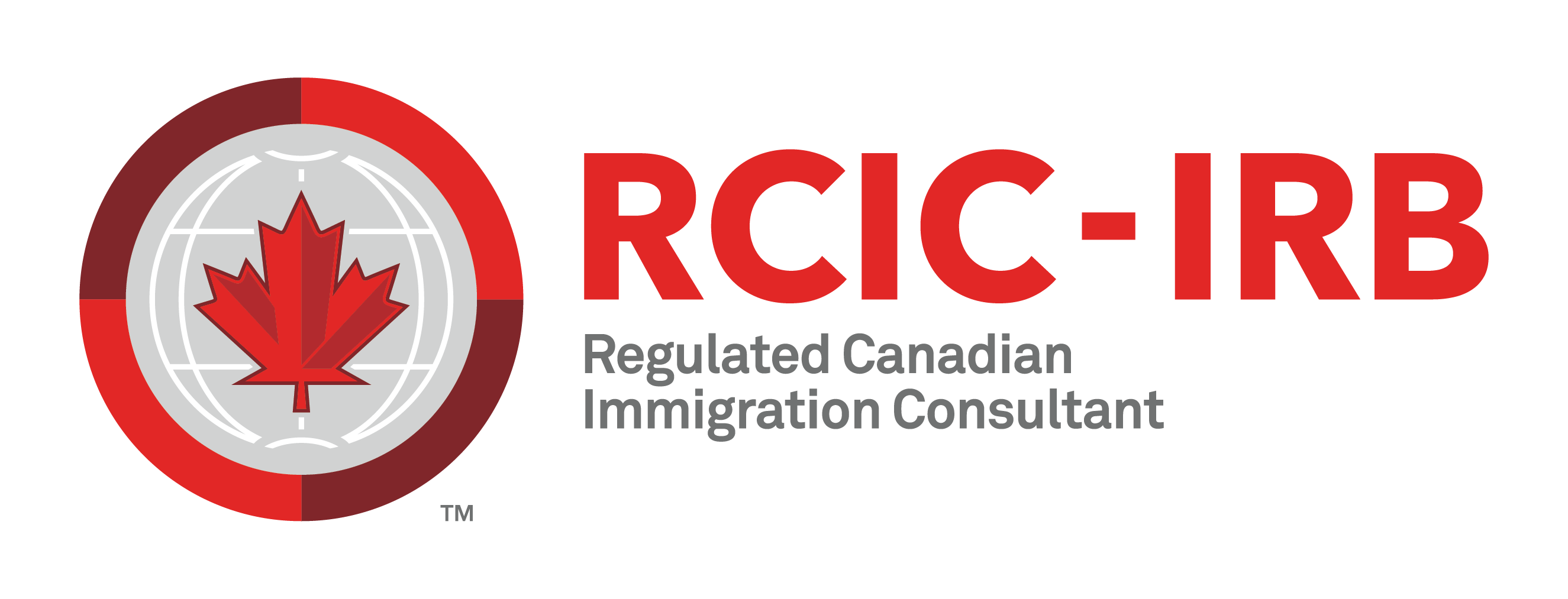The Sponsorship Program
Spousal sponsorship in Canada is the process by which a Canadian citizen or permanent resident can sponsor their partner to come to Canada and live permanently. We know how important it is for families to be together in Canada. As a result, applications for spousal sponsorship are given top priority.
Everything you need to know about sponsoring your spouse, common-law partner, or conjugal partner to come to Canada is right here.
Throughout 2017, Canada received 61,646 new permanent residents who had been sponsored by their spouses, partners, and children. A spousal sponsorship procedure might appear intimidating at 150-200 pages for each registration & 200 questions regarding personal relationships to complete. Small mistakes might result in month-long complications, rejected submissions, and, in certain situations, the termination of temporary residency.
What is common-law sponsorship?
Common-law Sponsorship refers to a couple who has been living together for one year with no long periods of separation. Either partner may have left the house for work or business travel, family obligations, or other reasons. That separation, however, had to be temporary and brief.
You may apply to sponsor a common-law partner of the opposite or same sex to come to Canada. Simply demonstrate that you have been living with your Common-Law Partner for at least 12 months in a relationship similar to marriage.
A common-law relationship ends when at least one partner does not intend to continue it.
What is conjugal sponsorship?
You might be able to sponsor a conjugal spouse in specific situations where you are unable to live or settle down with your partner. You must have been in a committed relationship for at least a year in order to sponsor a partner if you were unable to live together or get married due to circumstances beyond your control.
Those who cannot live together owing to reasons beyond their control but are in a relationship that resembles marriage are said to be in a conjugal partnership. The relationship must have lasted for at least a year prior to submitting an application for conjugal partner sponsorship in order to be eligible. Those who fall under neither the spousal sponsorship class nor the definition of a common-law partnership are eligible under this category. A conjugal partner is someone you have a sexual or physical relationship with, but there are other aspects that can be extremely important in determining what constitutes a conjugal relationship.
This category only applies if you have been unable to live with your partner due to circumstances beyond your and your partner’s control. Because the IRCC considers conjugal partnerships to be an exceptional category applicable only in exceptional circumstances, you will not be considered for one if you and your partner could have qualified for a common-law union.
What is a conjugal relationship?
The “conjugal” connection is a crucial aspect of every marital relationship. The word “conjugal” refers to the marriage-like connection where a pair has established exclusive and emotional bonds with each other through time.
The following relations are recognized as eligible for sponsoring underneath the Immigration and Refugee Protection Regulations:
Married Spouse: To really be eligible for sponsorship, the spouse has to be at least 18, lawfully wedded, and therefore not married to somebody else. A wedding that occurs outside Canada must be lawful in both the nation in which it occurs as well as in Canada.
Common-Law Spouse: You should have resided alongside your spouse in some kind of a conjugal relationship for at minimum one year will be qualified as a common-law partner. The cohabitation time must be constant; it can’t be split into smaller durations that sum up to a year.
Conjugal Partner: This classification would be for partners whom, for common law or societal reasons, are unable to officially marry or live together for a year. An instance would be if a spouse is wedded to somebody else and lives inside a nation wherein divorce is prohibited.
Who you can sponsor?
You can use this application to sponsor your spouse, common-law partner, or conjugal partner who is at least 18 years old, or your dependent child. Background, security, and medical checks must be completed for the person you are sponsoring and their family members.
Proving the Authenticity of a Relationship
While there are no set criteria for determining whether a connection is real, and each application will be evaluated on its own merits, the Immigration Appeal Division ruling identified a non-exhaustive list of elements that can be considered:
The spouses' compatibility
Interaction between husband and wife
Both partners are aware of each other
Compatibility of cultures
The progression of the relationship
Financial assistance
Past marriages
Visits from one another
When determining whether a couple has created a “Conjugal” connection, officers must examine criteria other than the presence of a physical relationship, such as:
A high level of physical and social connection is required
Interdependence on both a psychological and a financial level
If or whether the connection is long-term
A dedication to a shared life that is reciprocal and ongoing
If a relationship is faithful or not
Whether the partners are mutually connected
A sponsorship application occurs in two steps:
- To be a sponsor, you must fill out an application.
- The member of your family being sponsored must apply for permanent residency.
Simultaneously, both the sponsorship & permanent residency applications are filed. Its processing period is typically 12 months, regardless of whether you file for inland or outside sponsorship
To become a sponsor, you would have to be at least 18 years old, either a Canadian citizen or perhaps a permanent resident of Canada who is recognized as an Indian underneath the Canadian Indian Act.

The types of sponsorships for spousal and common law:
Inland Sponsorship
When you’re a Citizen or a permanent resident who lives alongside your spouse / common-law partner in Canada, then you may apply for inland spousal sponsorship. Another of the advantages of registering within this class is that the spouse / common-law partner could be qualified for such a two-year work visa while their sponsorship application is being processed.
Outside Sponsorship
If you are a Canadian citizen or permanent resident looking to sponsor your common-law partner, spouse or conjugal partner who is not currently living in Canada, then you can apply to sponsor them through the Outside sponsorship category. Living without your spouse can be difficult; however, you can apply for a visitor visa while the application is being processed.
What are the common reasons for sponsorship refusals?
Ineligible to Sponsor
There are many reasons why you may not be eligible to sponsor a family member. Common reasons include: You do not have enough money to support the person you want to sponsor You were previously sponsored by a spouse or partner and became a permanent resident less than five years ago You are still financially responsible for a previous spouse or partner that you have sponsored
Misrepresentation
All applicants are required to answer questions truthfully and provide relevant documents for assessment by an officer. Permanent Residents and foreign nationals can be inadmissible for misrepresentation for directly or indirectly misrepresenting. For example, a person who provides false identity documents to falsify a relationship could be found inadmissible. This can lead to a five-year ban from entering Canada.
Relationship Authenticity
Bad-faith relationships or relationships of convenience are relationships that are entered into primarily for the purpose of obtaining status. If the documents submitted do not provide adequate proof of a genuine conjugal relationship, an office will request an interview or send a procedural letter. Often times, this can be avoided by preparing and submitting a strong application initially.
CLIENTS REVIEWS
What Our Happy Customer Says
About Land2Air Immigration Services
2102
+
Temporary Applications
1463
+
Permanent Residencies
713
+
Refugee applications
1241
+
Citizenships





